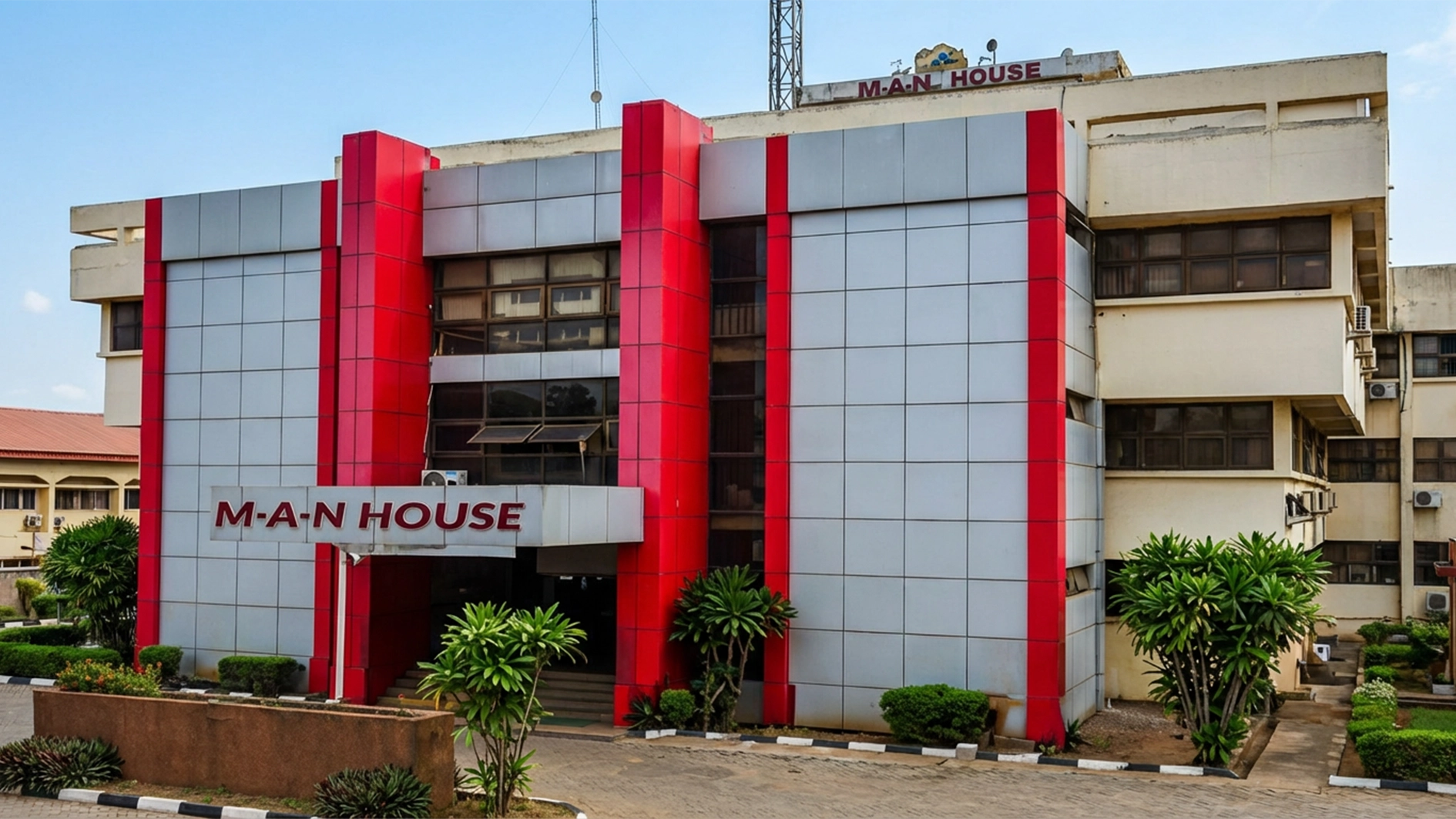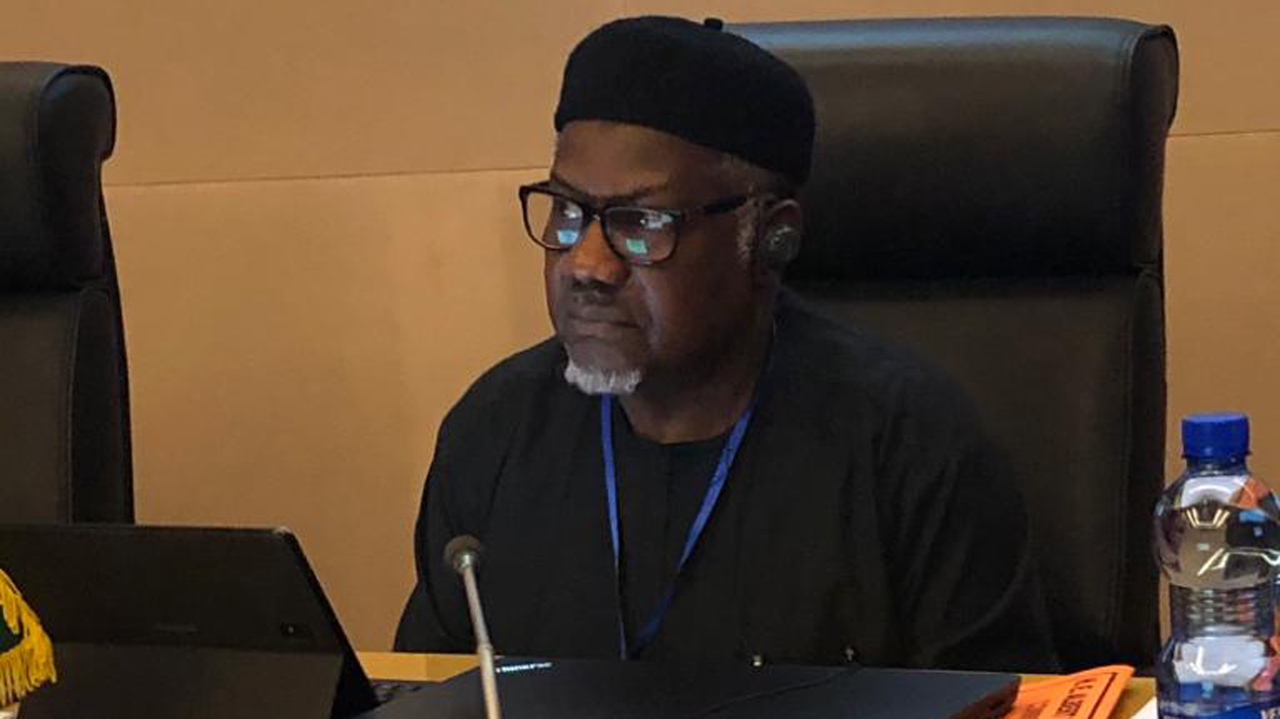The launch of the Oyo State Implementation Strategy on the African Continental Free Trade Area (AfCFTA) marks a significant step in the state’s economic planning. SEYE OLUMIDE assesses the implications of the initiative for Oyo’s development trajectory and its place within the broader continental trade framework.
When African leaders signed the African Continental Free Trade Area (AfCFTA) agreement in 2018, it was hailed as a bold step toward economic integration. While AfCFTA was largely designed for national governments, Oyo State recently carved a place in history by becoming the first sub-national entity in Africa to launch a dedicated implementation strategy. It is a move that has drawn applause for its ambition, but also provoked questions about feasibility, priorities, and whose interests are truly at stake.
Governor Seyi Makinde, represented by Abdulraheem Bayo Lawal, unveiled Oyo State’s AfCFTA Implementation Strategy in the presence of AfCFTA’s Secretary-General, Wamkele Mene; former African Union Vice Chairperson, Monique Nsanzabaganwa; Rwanda’s High Commissioner to Nigeria, Christophe Bazivamo and Sierra Leone’s Deputy High Commissioner, Major-General Dauda Fred Alpha.
Addressing the audience, Makinde anticipated scepticism. “Some people, who are used to politics without purpose, may begin to look for ulterior motives. Some may even ask whose interests will this serve?” he said. He answered that the initiative would serve the interests of farmers, traders, artisans, manufacturers, entrepreneurs and the coming generations of Oyo State.
By removing tariffs and non-tariff barriers, the agreement seeks to raise intra-African trade from less than 20 per cent to a level closer to the European Union’s 60 per cent. Analysts project it could boost Africa’s income by seven per cent, create jobs and lift 30 million people out of extreme poverty. For many states and regions, the challenge is translating this grand vision into local realities and it is this gap Oyo State hopes to fill, positioning itself as a continental trade hub.
Makinde framed Oyo’s decision as one grounded in long-term development. “Joining up with the rest of Africa to participate in the single African market will open up the state to greater trade volume, increased production capacity and expanded revenue,” he said.
The state’s implementation strategy, he explained, is designed to align Oyo’s systems, regulations, standards, infrastructure, institutional readiness and incentives with AfCFTA requirements. It prioritises agriculture, manufacturing, and the creative industry, while supporting small and medium enterprises (SMEs) with training, packaging, certification and compliance.
“This is our own port,” Makinde declared, drawing a parallel with Lagos’ maritime advantage. “With our proximity to the Benin Republic, Oyo State can legally boost cross-border trade, improve logistics infrastructure and create jobs in all support services that go with it.”
Special Adviser on International Trade and AfCFTA, Ms Neo Theodore-Tlhaselo, said the launch was both symbolic and practical. She argued the strategy would help artisans, farmers, manufacturers and service providers tap into wider markets and accelerate business growth.
For Professor Musibau Babatunde of the University of Ibadan, AfCFTA must be explained in terms that ordinary people can understand. He pointed to cashew farmers in Oko, cassava growers in Ado-Awaye, textile makers in Ibadan and tech entrepreneurs in Ogbomoso. “So long as Oyo State is signed into AfCFTA protocols, their products will find markets across Africa with reduced tariffs,” he said.
Highlighting Oyo’s agricultural strength, he argued that AfCFTA could help position them competitively across the continent. Beyond agriculture, Babatunde noted Ibadan’s emerging role as an industrial city, capable of attracting investment in footwear, textiles, food processing and household goods.
He also underscored the state’s vibrant education and ICT sector, with institutions like the University of Ibadan, LAUTECH and the Technical University.
The professor also emphasised opportunities in services: education, health, tourism and creative industries. “Services can be exported under AfCFTA through cross-border supply, consumption abroad, commercial presence and movement of natural persons,” he explained.
Mene described Oyo’s move as groundbreaking, stressing that while AfCFTA is a continental project, its success depends on sub-national governments where production and trade occur. He praised Oyo’s infrastructure drive, including the upgrade of the Samuel Ladoke Akintola Airport, Ibadan, to international standards and the expansion of road networks. These, he said, are key enablers for market integration. He particularly welcomed Oyo’s emphasis on value addition rather than raw exports.
He pledged the Secretariat’s support in ensuring that informal traders, smallholder farmers and entrepreneurs are part of Oyo’s implementation journey.
According to the Commissioner for Trade, Industry and Cooperatives, Adeniyi Adebisi, Oyo State leveraged a clause in the AfCFTA agreement allowing sub-national participation, positioning Oyo not just as a trailblazer but also setting a competitive tone among Nigerian states. With dwindling federal allocations and the impact of fuel subsidy removal, states are under pressure to generate new revenue streams. For Oyo, AfCFTA is one such avenue.
While possibilities abound, challenges remain. Unreliable power supply, poor logistics in rural areas, security concerns along trade routes and limited access to finance for SMEs. Critics warn that unless these structural issues are addressed, AfCFTA risks remaining aspirational for most residents.
Makinde acknowledged these doubts. His response pointed to measurable outcomes such as revenue growth without higher taxes, reforms to attract investors and increased export readiness for SMEs.
By launching an AfCFTA implementation strategy, Oyo State has signalled its intent to leap beyond Nigeria’s borders and plug into Africa’s integration project. The ambition is clear: to use agriculture, manufacturing, services and strategic location to transform the state into a West African trade hub.
However, ambition must be matched by execution. Infrastructure, policy consistency, security and private sector buy-in will determine whether the dreams become reality.
By taking this first step, Oyo has placed itself in the spotlight. The years ahead will reveal whether its AfCFTA dreams will deliver prosperity for its people or remain lofty aspirations.






